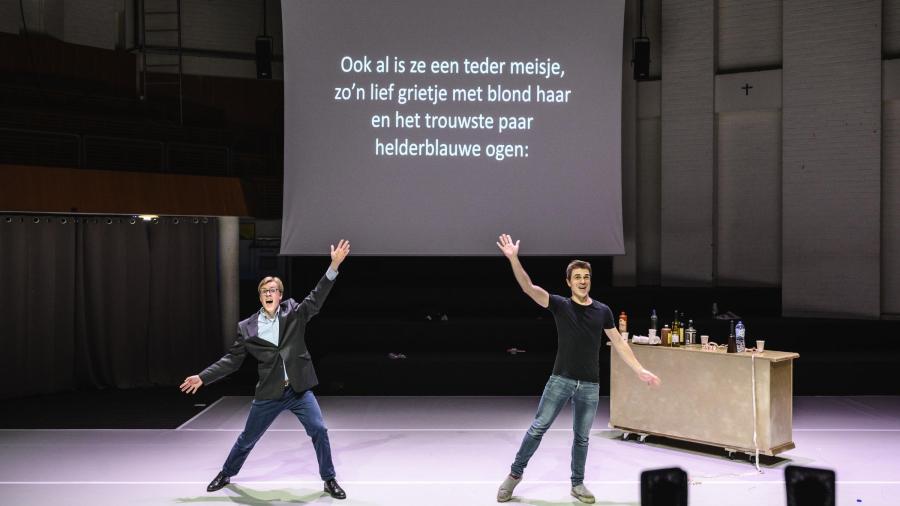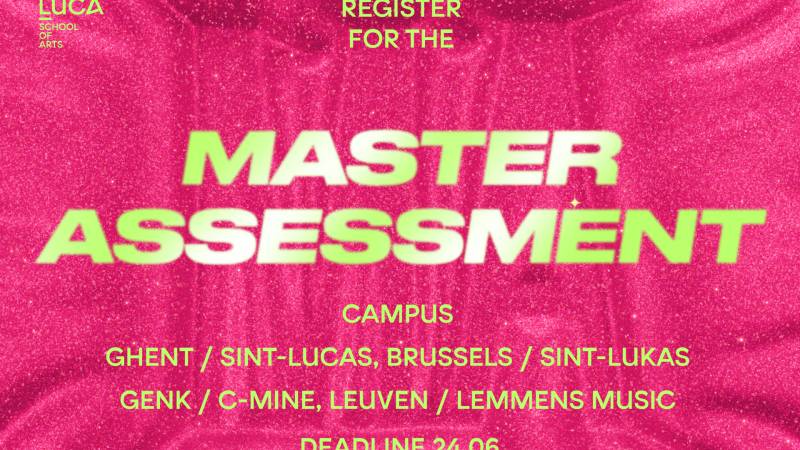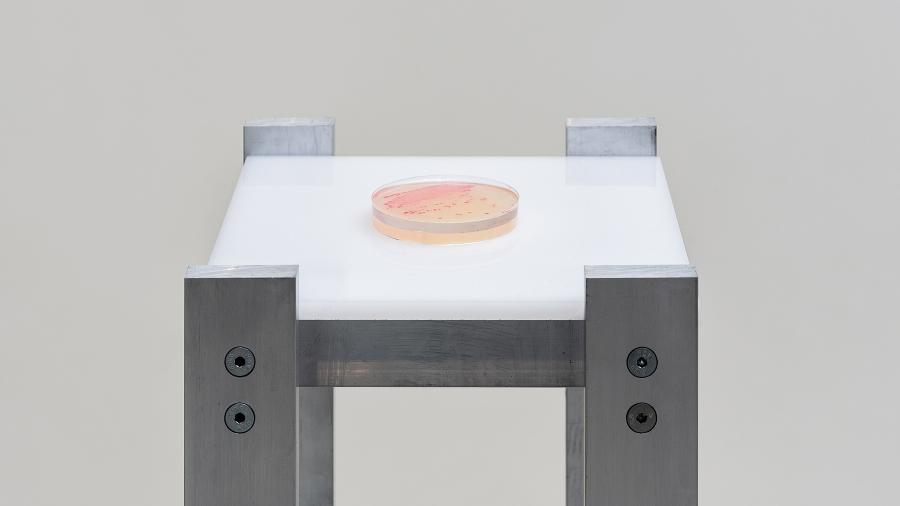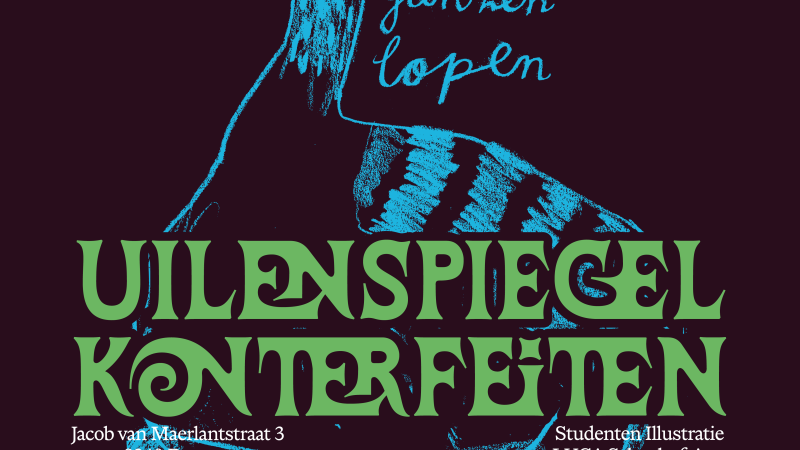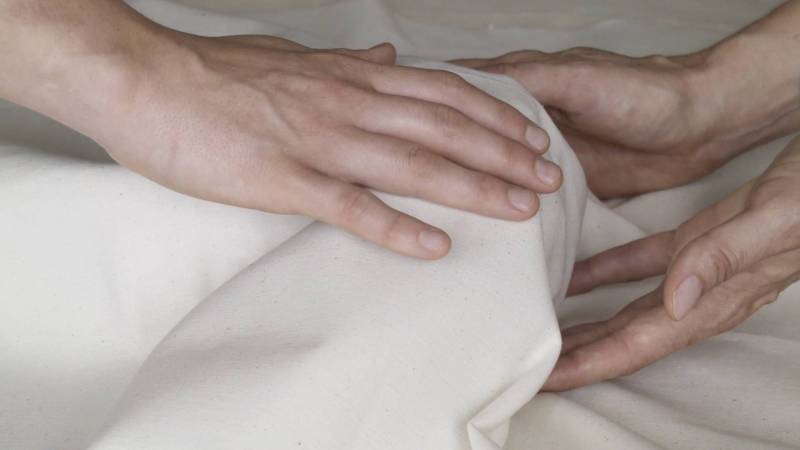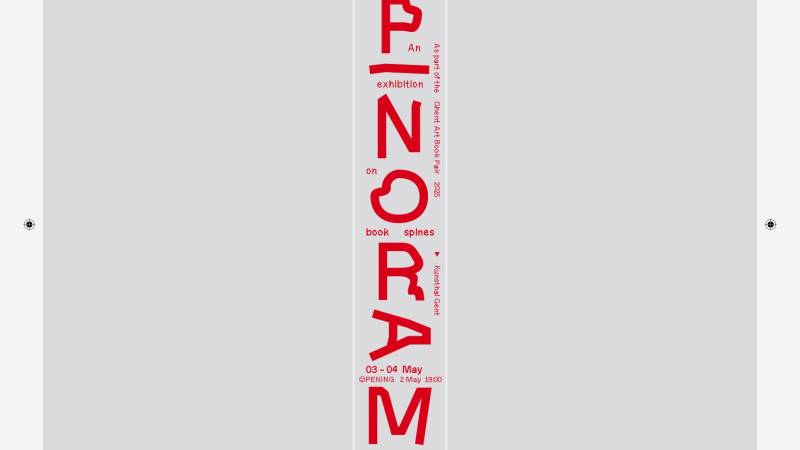Students at LUCA School of Arts Campus Leuven / Lemmens are accompanied by musicians of international standing and take part in inspiring master classes with leading soloists and ensembles. Every year, as part of the ensemble project, students take part in performances in groups of four pianos. In this way, they not only learn how to make music together, but also how to follow a conductor and interpret his or her gestures.
The music college maintains close ties with the professional field, which gives students the opportunity to build valuable connections already during their studies. Chamber music concerts, both on campus and at external venues, give students the opportunity to gain stage experience. In addition, every year we organise an audition event where one student gets the chance to perform as a soloist with an orchestra.
The international campus attracts talent from all over the world and provides a stimulating environment for artistic growth. With an extensive infrastructure, the school has ideal facilities for musical development and creative fulfilment.
We hold three admission tests each year, in March, July, and September. For specific dates, click here. The test includes a solfege exam and an instrumental performance exam (full details can be found here). International candidates have the option to submit a one-take video of their program.
Professors
Our team of professors includes principal musicians from the leading orchestras in Belgium and the Netherlands, as well as esteemed chamber musicians and renowned soloists.
Professors:
Alessandro Cervino, Julien Libeer, Timur Sergeyenia, Sylvia Thereza, Liebrecht Vanbeckevoort, Jan Vermeulen, Régine Willems
What Does the Programme Look Like?
The first two years of the Bachelor's programme provide a solid foundation in both practical skills and theoretical knowledge. In the third year of the Bachelor's and throughout the Master's programme, the focus shifts to more intensive instrumental training, emphasizing personal musical expression. Alongside individual instrumental lessons, students also take courses in cross-disciplinary subjects that help prepare them for professional life, with a strong emphasis on creativity and collaboration.
| Instrument | 24 credits |
| Basic education (ear training/rhythm/harmony) | 12 credits |
| Theoretical training (Art in Context/Music History) | 12 credits |
| Orchestra/Ensemble | 6 credits |
| Chamber music | 3 credits |
| Sight-reading technique | 3 credits |
| Instrument | 24 credits |
| Basic education (ear training/rhythm/harmony) | 12 credits |
| Theoretical training (Art in Context/Music History) | 9 credits |
| Specific instrumental training | 6 credits |
| Orchestra/Ensemble | 6 credits |
| Chamber music | 3 credits |
| Instrument | 30 credits |
| Theoretical training (Art in Context/Music History) | 9 credits |
| Specific instrumental training | 6 credits |
| Orchestra/Ensemble | 6 credits |
| Chamber music | 3 credits |
| Elective component | 6 credits |
| Instrument | 24 credits |
| Chamber music | 6 credits |
| Ensemble | 6 credits |
| Research | 6 credits |
| Professional Toolkit | 6 credits |
| Elective component (Workshops/Minors/Cross-domain subjects) | 12 credits |
Master 2
| Instrument and artistic research | 30 credits |
| Chamber music | 6 credits |
| Ensemble | 6 credits |
| Professional Toolkit | 6 credits |
| Elective component (Workshops/Minors/Cross-domain subjects) | 18 credits |
For the detailed curriculum and course components, click the link below.







